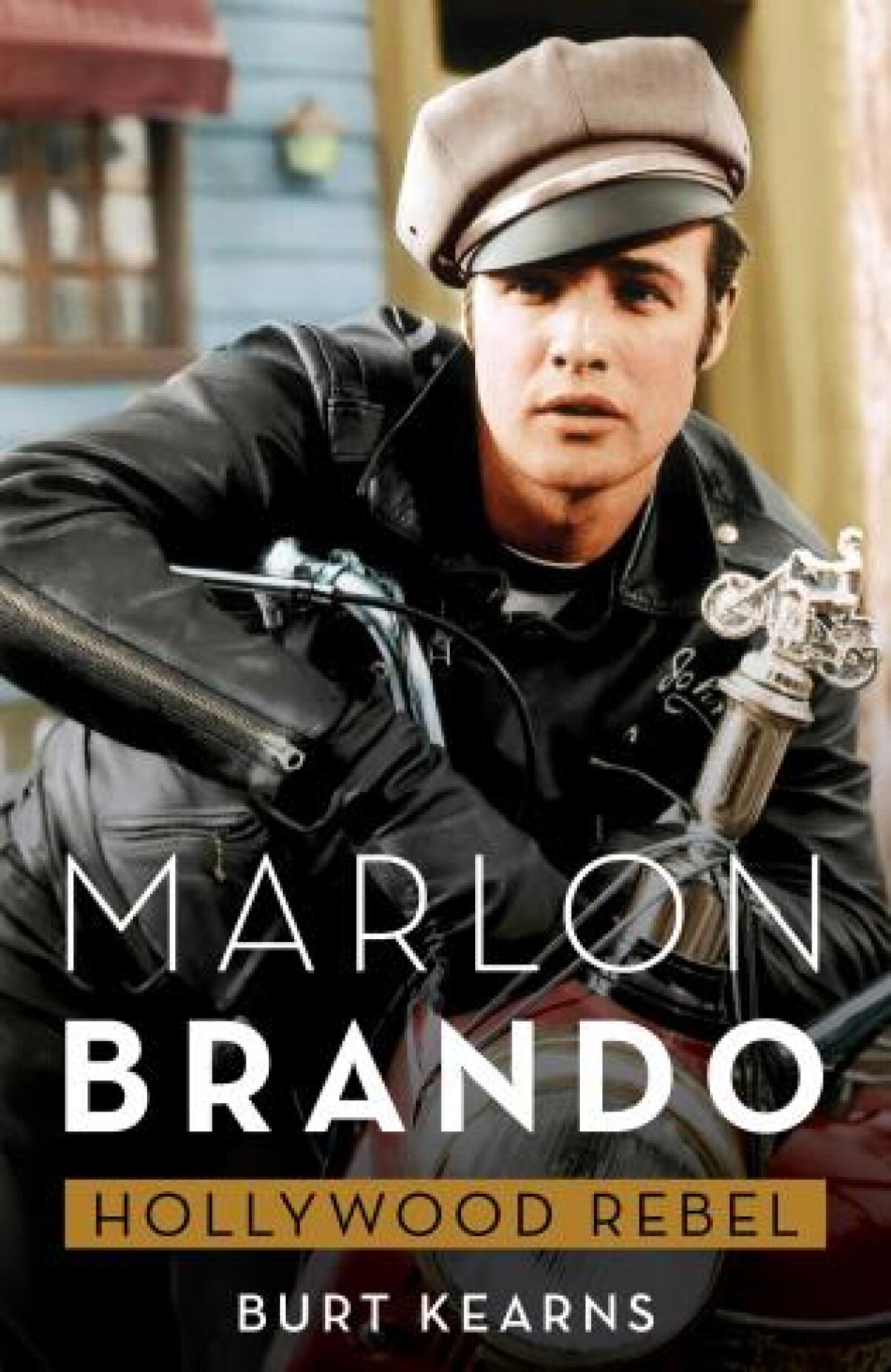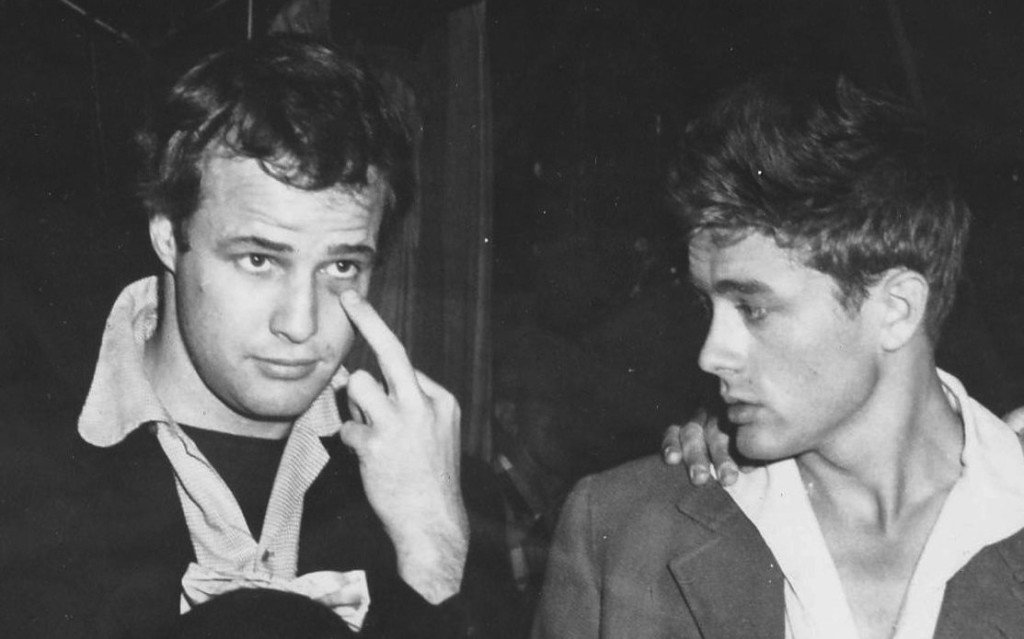Could the silver screen ever truly contain the incandescent brilliance of Marlon Brando? The answer, undeniably, is no. His impact, his talent, his sheer presence transcended the confines of celluloid, etching his name into the very fabric of cinematic history and cultural consciousness.
Born Marlon Brando Jr. on April 3, 1924, in Omaha, Nebraska, a young Brando was destined for a life far removed from the mundane. His journey wasn't paved with the typical Hollywood aspirations; it was forged in the crucible of his own complex personality and a deep, innate understanding of the human condition. He arrived in Los Angeles, California, with the world at his feet, and soon began to redefine what acting could be. His approach was revolutionary, he embraced the Method style of acting, which valued deep emotional immersion, and transformed it into a raw and powerful force that the world had never seen.
| Category | Details |
|---|---|
| Full Name | Marlon Brando Jr. |
| Born | April 3, 1924, Omaha, Nebraska, USA |
| Died | July 1, 2004, Los Angeles, California |
| Occupation | Actor |
| Awards | 2 Academy Awards, 3 BAFTA Awards, 2 Golden Globe Awards |
| Notable Roles | A Streetcar Named Desire, On the Waterfront, The Godfather, Last Tango in Paris |
| Marital Status | Married three times |
| Children | Eleven |
| Personal Life | Known for his complex personality and intense approach to acting. Also known for his outspoken views on politics and social issues. |
| Legacy | Considered one of the greatest actors of all time; revolutionized acting techniques and influenced generations of performers. |
| Reference | IMDB |
The early years witnessed his ascent into the stratosphere of fame. "A Streetcar Named Desire" in 1951, a film adaptation of the Tennessee Williams play, became a cultural phenomenon. His raw, emotive portrayal of Stanley Kowalski was explosive, a seismic event in the landscape of performance. Those who witnessed the performance then had witnessed acting redefined. The film became a benchmark. As Burt's latest release highlights, it was also a film that had its own fascinating journey, with stories emerging of the film being sold openly at kiosks along the Seine in Paris, and Hollywood Babylon author Kenneth Anger attempting to increase the distribution of the film.
His talent transcended the stage and screen, reaching out to touch the very essence of the audience. This was a man who didn't just act; he lived the roles he inhabited. He wasn't merely portraying a character; he was becoming them. His performance became the character and the character became the performance, he achieved a level of immersion so complete that it became a thing of legend. This dedication set him apart, establishing a new paradigm for what was possible, and a new demand for the art of acting.
Brando's dedication to the craft garnered him an unparalleled degree of accolades, two Academy Awards, three BAFTAs, and two Golden Globes, but the true measure of his success was in the hearts of audiences who were forever changed by his work. He didnt just accumulate awards; he accumulated experiences.
The complexity of Brando's personality extended beyond his acting. He was a man of deep convictions, a man of passion, and he held a fierce commitment to his beliefs. This was evident in his outspoken stance on political and social matters. His choice to have Sacheen Littlefeather collect his Best Actor Oscar in 1973 on behalf of Native Americans, a move that brought both controversy and attention, exemplifies his commitment to those beliefs. He did not shy away from the causes he supported; he embraced them and utilized his celebrity as a vehicle for their advocacy.
Brando's personal life was no less complex and fascinating. He married three times and fathered eleven children. His relationships were often as dramatic as the characters he portrayed. The film icons personal life was a subject of intense public interest, and his love life, like his career, was anything but ordinary.
His relationships with women and men were both a matter of intense discussion and public scrutiny. The stories from the time painted a picture of a man who defied societal expectations. The story of Billy Dee Williams' revelation, "Gay, straight, whatever, somebodys always hitting on me.", is a vivid example of this, detailing a moment when Williams said he had to decline a romantic proposition from Brando himself. In fact, during his time on the big screen, Brando was known to have had his fair share of intimate experiences with both men and women, an aspect of his life that has been documented and discussed.
One of his most enduring friendships was with comedian Wally Cox, which, legend has it, lasted beyond death. This remarkable bond underscores the man's multifaceted character, the fact that his circle of acquaintances included an array of individuals, each with distinct qualities, provides even more insight into his personality.
Brando, at the age of 80, still retained the mystique of the iconic Vito Corleone from "The Godfather," a role that has become one of cinema's most indelible performances. It is a testament to the power of his performances that they resonate across generations. His impact continued to be felt decades after his passing. The film's impact, however, only scratches the surface of his vast filmography. The iconic roles, the memorable performances, and the way he became a figure for subsequent generations of actors to look up to, are a testament to the impact of the man.
His later life was defined by periods of reclusion and struggle, and yet his talent shone through in the face of life's challenges. His lust for life, for knowledge, for experience, fueled his existence, and even in his final years, he retained an aura that captivates those who know his work.
Brando's legacy extends far beyond his roles. It is a legacy of innovation, of breaking boundaries, of redefining the very nature of performance. He taught us that acting could be raw, visceral, and deeply personal. He showed us that it could be a reflection of the human experience in all its beauty, its complexity, and its pain. His death on July 1, 2004, in Los Angeles, California, marked the end of an era, but his influence continues to shape the landscape of cinema today. As the industry evolves and new talents emerge, the echoes of Brandos influence remain, a testament to the timelessness of true genius.


